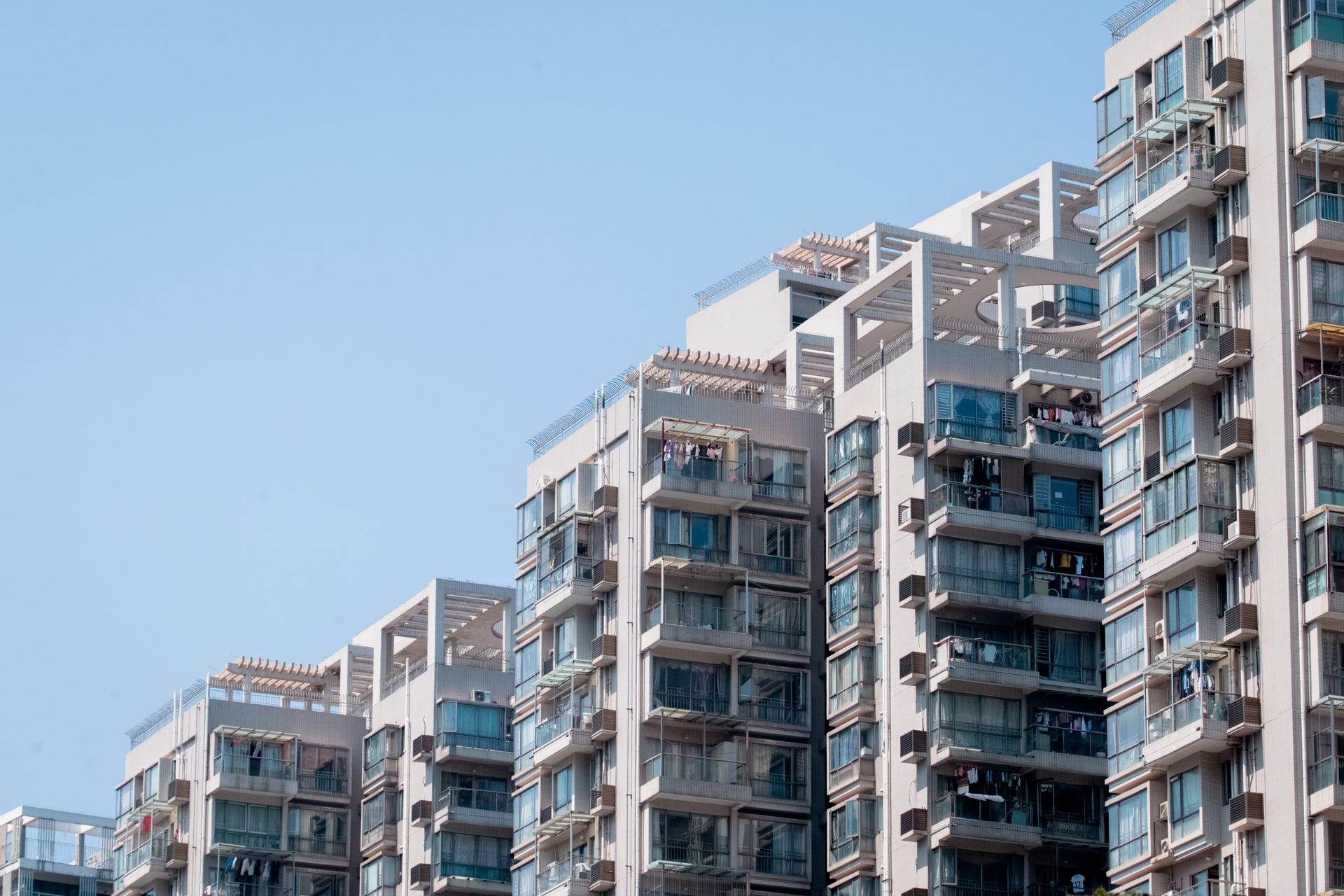Overwhelming debt loads in China’s real estate sector, exacerbated by relentless weakness in home sales data, is has created a continual drag on the country’s economy. The government has introduced new tax cuts, made several interest rate cuts, and promised $800 billion in infrastructure spending, but nothing has been able to reverse the slumping sentiment surrounding the country’s massive property market.
Bank loans did manage to triple in May MoM, helping push up household loans, including mortgage borrowing, but home sales still plummeted nearly -60% YoY. The situation has gotten so desperate that some home payments are being accepted in the form of agricultural goods like wheat or garlic.
Related ETFs: Global X MSCI China Real Estate ETF (CHIR), iShares MSCI China ETF (MCHI), Global X MSCI China Industrials ETF (CHII), Global X MSCI China Financials ETF (CHIX), Invesco China Technology ETF (CQQQ)
Chinese Developers’ Debts Continue to Dampen Prospects
Among the relatively risky category of Asian high-yield companies (ex Japan) that are covered by Moody’s, the share with the most speculative ratings of “B3 negative” or lower has nearly doubled from last year to a record high of 30.5% in May. Per CNBC, that reading has surpassed the previous high reached during the 2009 financial crisis high. Ratings agency Moody’s cites a recent surge in downgrades of Chinese property developers since late last year as the primary cause for this rise, a stark contrast to 2009 when just three Chinese property developers were classified as B3 negative or lower.
This comes as no surprise, however, to anyone that has been following the meltdown of major Chinese developers like Evergrande Property Group since the summer of last year. MRP characterized the situation as China’s “Real Estate Reckoning” in September of 2021 and many months later, it appears there is little chance for a resolution in sight.
The high relative risk of Chinese property has scared many prospective investors and home buyers out of China’s gigantic housing market. An official index that tracks apartment and house sales in the country, cited by Bloomberg, has posted YoY declines for 11 months straight — a series high that goes back to the 1990s when China first implemented a private property market.
Chinese Bank Lending Rebounds, But Housing Continues to Retract
MRP noted the growth of China’s bank loans weakened in April to the worst level in almost five years, falling by more than 50% to ¥645.4 billion ($97 billion) from ¥1.47 trillion ($220 billion) extended in April 2021. However, banks extended a whopping ¥1.89 trillion (US$282.6 billion) in new yuan loans in May, nearly tripling April’s tally. That rebound followed an unexpected cut to the country’s reserve requirement ratio (RRR), effectively releasing ¥530 billion ($83.2 billion) of liquidity into the banking system.
Moreover, the People’s Bank of China (PBOC) also cut its five-year loan prime rate (LPR) by 15 basis points to 4.45%, the second reduction this year and the largest on record. As CNN notes, the LPR is typically used as a reference for mortgages. The cut seems to have had some effect thus far, as…
To read the complete Intelligence Briefing, current All-Access clients, SIGN IN All-Access clients receive the full-spectrum of MRP’s research, including daily investment insights and unlimited use of our online research archive. For a free trial of MRP’s All-Access membership, or to save 50% on your first year by signing up now, CLICK HERE










